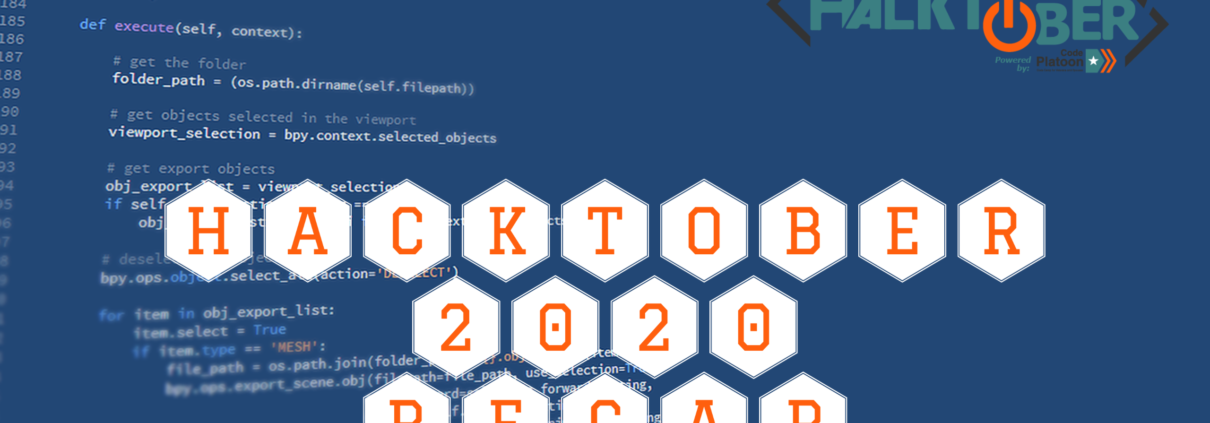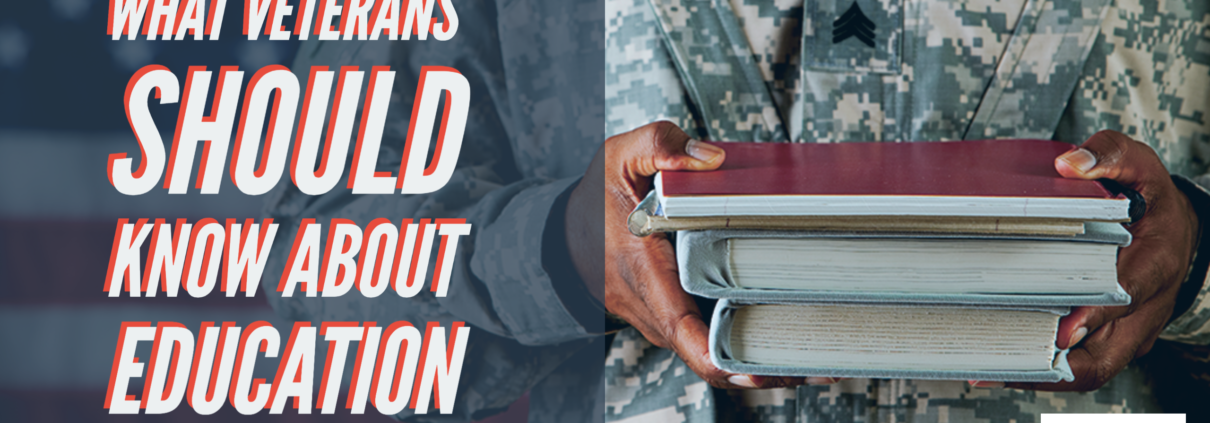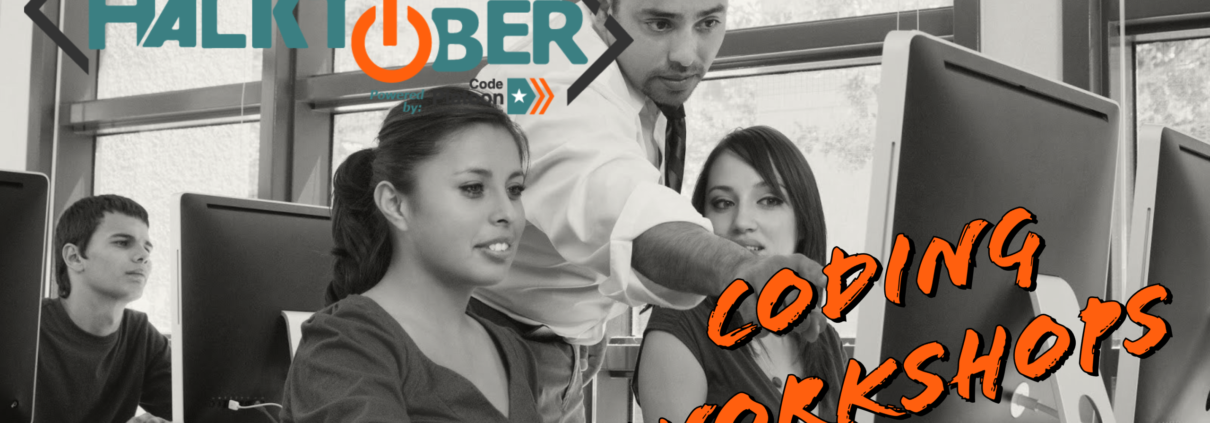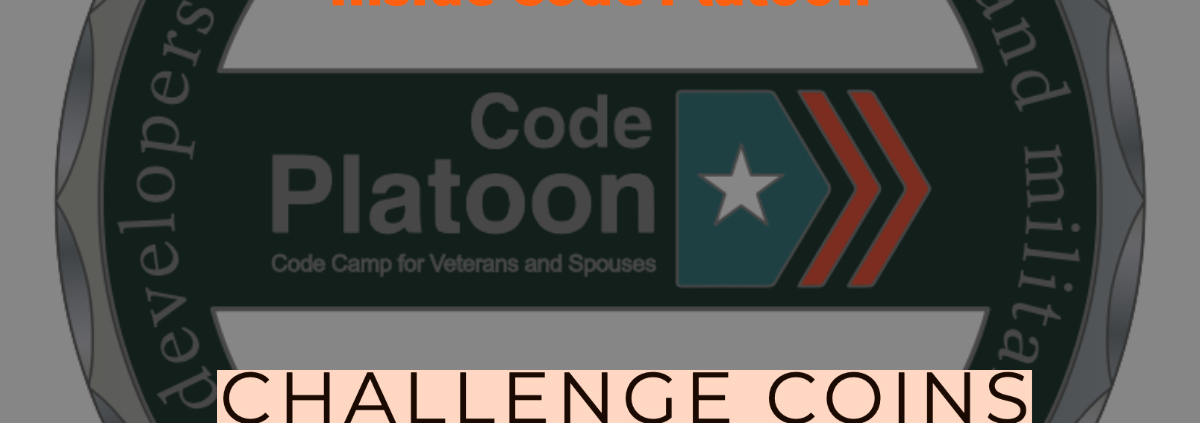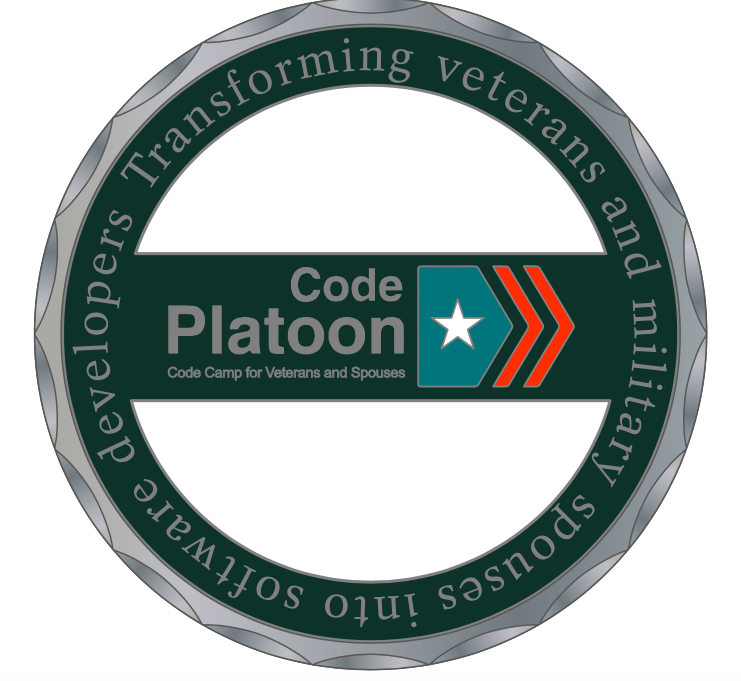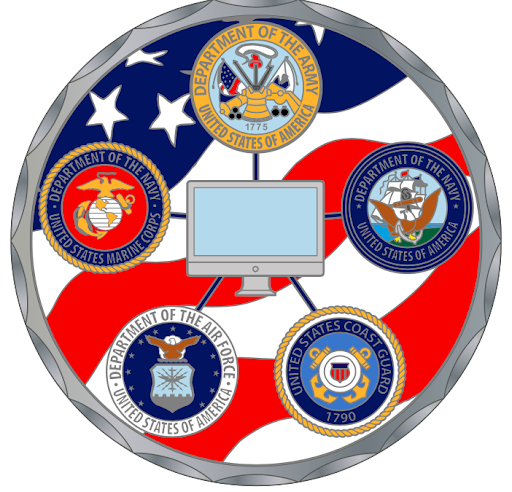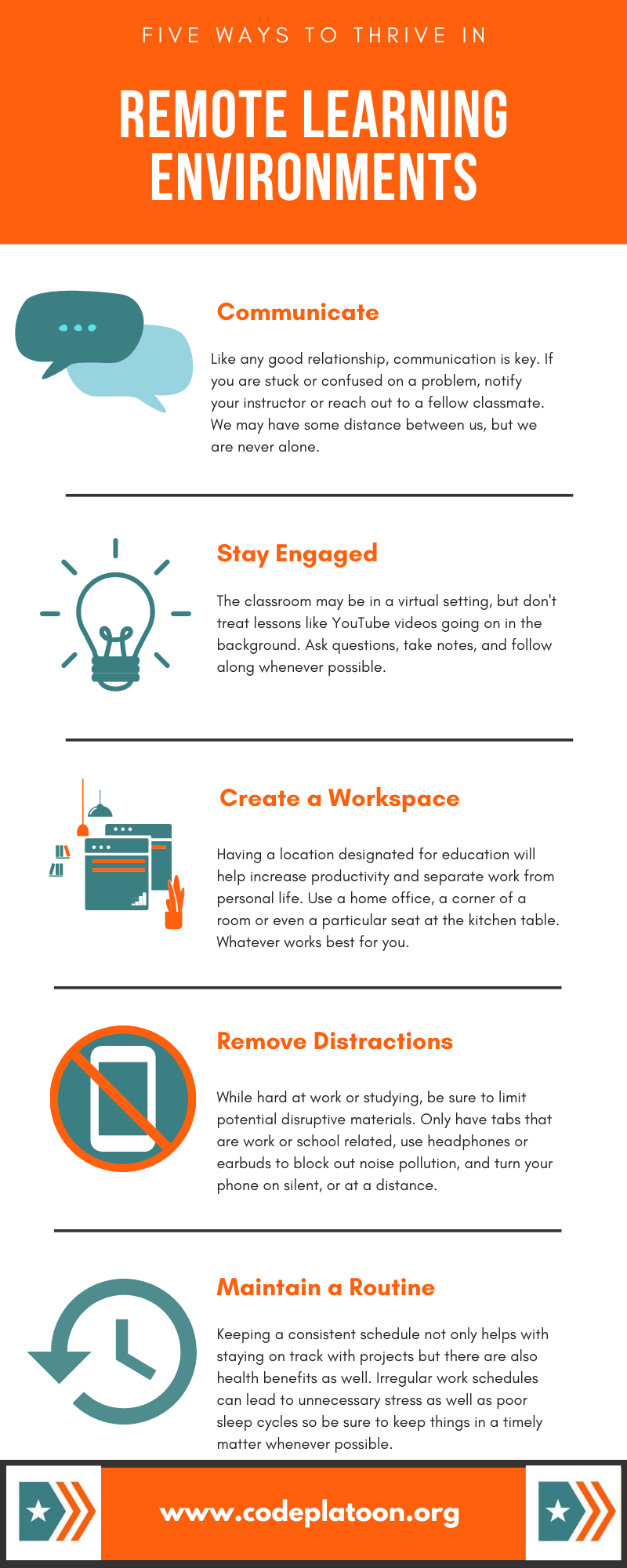What does “education” look like in a real sense for Veterans? From my perspective, this is often either assumed or glossed over in a way that doesn’t get down to some of the nitty-gritty issues Veterans face, so my goal here is to tackle this topic from precisely that angle.
Having been through a lot of this myself—and watched many others do the same—I hope to offer the following as a simple and easy-to-follow guide for transitioning Veterans.
In other words, I’m going to be blunt, but I also intend to be helpful.
Officer or Enlisted
This is a more important distinction than most realize, and it plays a significant role within the Veteran community that some fail to recognize. Come to grips with the fact that the transitional progression is different for these two groups. Do not try to hide from this reality or act like it is unfair—it is what it is, so accept that and move forward with it.
Those who do not believe there is a significant difference, consider that many officers are actively recruited out of the military into civilian jobs. I have yet to meet an enlisted person who had this happen.
While I am sure there are exceptions, the vast majority of the time, this is the case. Why does this matter?
The point here is for both groups to appreciate where the other is and what they can and cannot do. Former officers will try to offer former enlisted advice on how to get jobs without recognizing that the process is very different, and former enlisted may become angry about the process, which doesn’t help anyone.
The important takeaways here are, 1) for officers to understand how much different the transition process is for former enlisted, and 2) for enlisted not to be bitter about this, but rather to utilize this knowledge for maximal benefit them in their pursuit. In other words, network like hell with any officer you know or knew because there is a strong chance they are going to end up in a much better job than you are.
Do not look at that fact as unfair—just look at it as being what is.
All Veterans Are Not Created Equal
While the distinction between officers and enlisted in their job hunting should be understood, that is just the iceberg’s tip. Underneath that, several levels of inequality must be appreciated in the transition process.
For example, let’s look at two military jobs in the same field: Special Operations Medic and Nurse. While the former may have a ton of really high-speed training that is the envy of many of us who know what they went through, who do you think will have an easier time finding work in the civilian world?
Whether this is “fair” or not is irrelevant—the SOF medic simply does not have the civilian qualifications that a nurse does, and as a result, will be looking at lower-paying jobs. What matters here is not the legitimacy of this reality, but rather its acceptance for what it is. Unfortunately, this is the case with many occupational specialties within the military.
I was an Airborne Infantryman and a PSYOP Team Chief. Guess what? No one cares about that as much as they do about the soldier who was a cybersecurity expert.
I do not state this as a complaint—I am grateful for my experience—but as a fact of the current job market. Tech skills are in far greater demand than my particular background. Understanding this is important to your transitionary process.
Do you have an employable MOS in the civilian sector? If so, how do you maximize it? If not, what do you need to do to make yourself more attractive to potential employers?
“I’m a Veteran” should never be a bullet point on a resume. Employers want to know what you can offer them, and military service, while admirable to some (more on this in a minute), is not in and of itself always valuable in the profits-and-losses model of running a business.
Military Service is Not the End-All, Be-All
We live in strange times, and one of the most significant reflections of our society’s oddities is the Veteran job-seeker. “Support the troops” stickers are everywhere; yellow ribbons regularly sit on the backs of cars; people are (generally) outraged by any offenses toward the Veteran community, etc. Yet despite all of this, most employers do not look at military experience as something that sets a candidate above others.
Anecdotes from hiring professionals reflect my own experience—that unless you are interested in a government job (or something directly tied to the defense industry), military service is not something that makes a hiring manager jump out of their desk and shout, “yes! This is what we need!”
As the distinction between officers and enlisted, the point here is not to quibble about whether this is fair; that can be left for another time. The goal here is to make you, the transitioning Veteran, aware of it and understand how to turn that into an advantage.
Does your resume scream “COMBAT VET!” all over it? Is there a way you can minimize the military (specifically combat-related experience) aspect of your resume to reflect more of a benefit to the marketplace and make you appear less like a stone-cold killer? Many people who get out before retirement are proud of their service, as well they should be. But having a curriculum vitae that reads like a Marine Corps recruiting poster can do more harm than good.
Do what you can to ensure that your resume and overall persona points toward what you can offer the employer rather than your perceived value in an empirical sense.
Knowing is More Than Half the Battle
So if we know that officers and enlisted are looked at differently, that different MOS’s are not viewed the same, and that just being a Veteran is not enough, how does that help us, and what else do we need to know?
First, your network is everything. Start thinking in those terms, and it will help you immensely. An employer who does not know you from Adam will not care at all about how much weight you carried through the Korengal Valley, but guess what? Someone who knows you, personally, might. Extend yourself into more diverse networks of people to make that possible.
Second, know what type of education will help you and which type will not. You’ve got the GI Bill, so use it—but remember, just like MOS’s, all degrees are not equal. Research higher education (to include things like trade schools) that ties into both what you did in the military and what you want to do for a living.
Third, know your resources. Yes, you have the GI Bill, but what else? Are you tied in with any Veteran groups that help specifically with this purpose? Are you aware that there are recruiters out there who work towards getting people hired into specific industries? Seek these groups and people out and do what it takes to gain from their knowledge and expertise.
Fourth, and finally—this is probably the toughest one—there is nothing wrong with being confident about your ability. But be humble. The world does not owe you anything because you served. You do not deserve to finish as a squad leader and walk directly into a six-figure income at a Fortune 500 company.
Could it happen? Sure, but do not expect it and do not get pissed when you, more likely than not, have to start over at organization and prove yourself. This may be a tough pill to swallow; doing so will put you considerably further ahead in the long run.
If you want to get serious about gaining in-demand skills, it’s time to talk to us here at Code Platoon, and we can tell you all about that.
Greg Drobny is a former Airborne Infantryman, PSYOP Team Chief, political consultant, professional mil blogger, and is Code Platoon’s Student Outreach Coordinator. He holds a BA in history, a Masters of Science in organizational psychology, and is currently pursuing an MA in history. He is married with four children who keep him more than slightly busy and is passionate about helping veterans find their paths in life and develop the skills needed to pursue their goals.


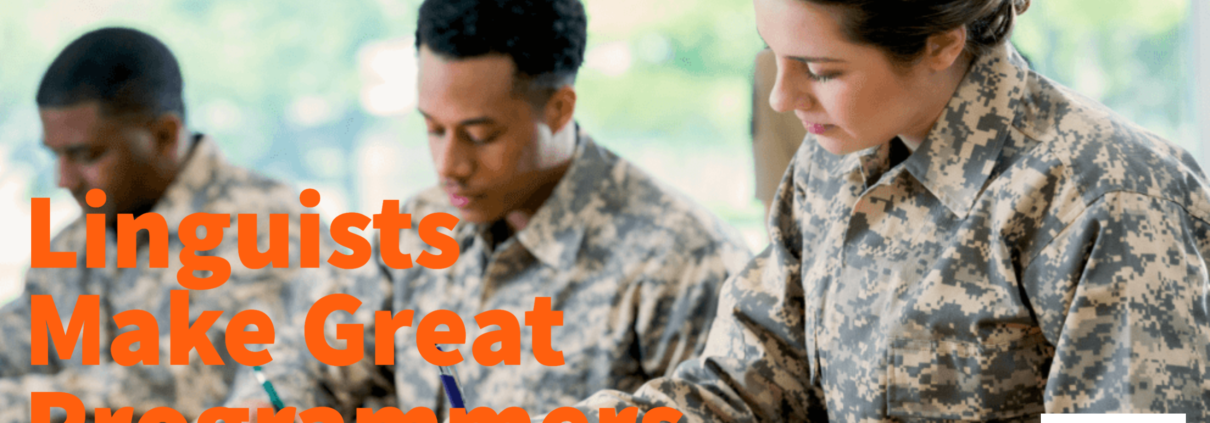
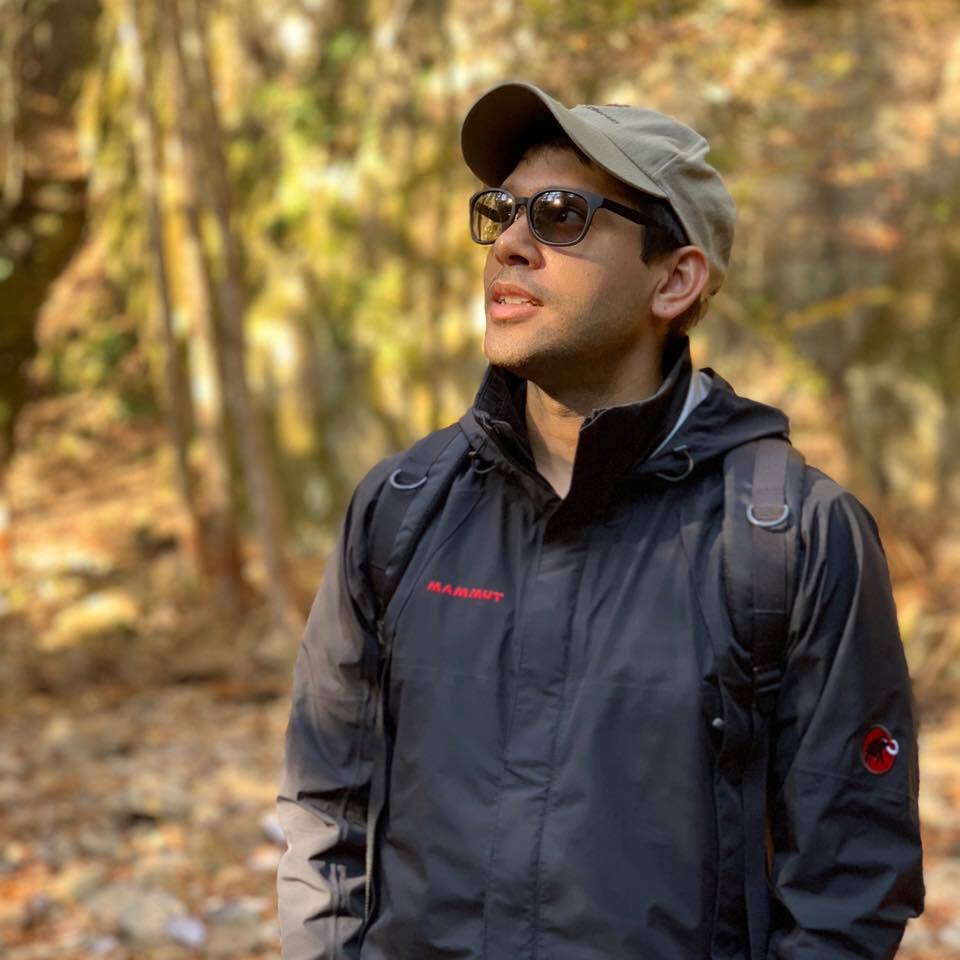 “Programming languages are just that – languages. You are learning syntax, you are learning the vocabulary so you can give the computer program instructions,” says Marcos Castillio, a Code Platoon graduate from Julia Platoon. “
“Programming languages are just that – languages. You are learning syntax, you are learning the vocabulary so you can give the computer program instructions,” says Marcos Castillio, a Code Platoon graduate from Julia Platoon. “